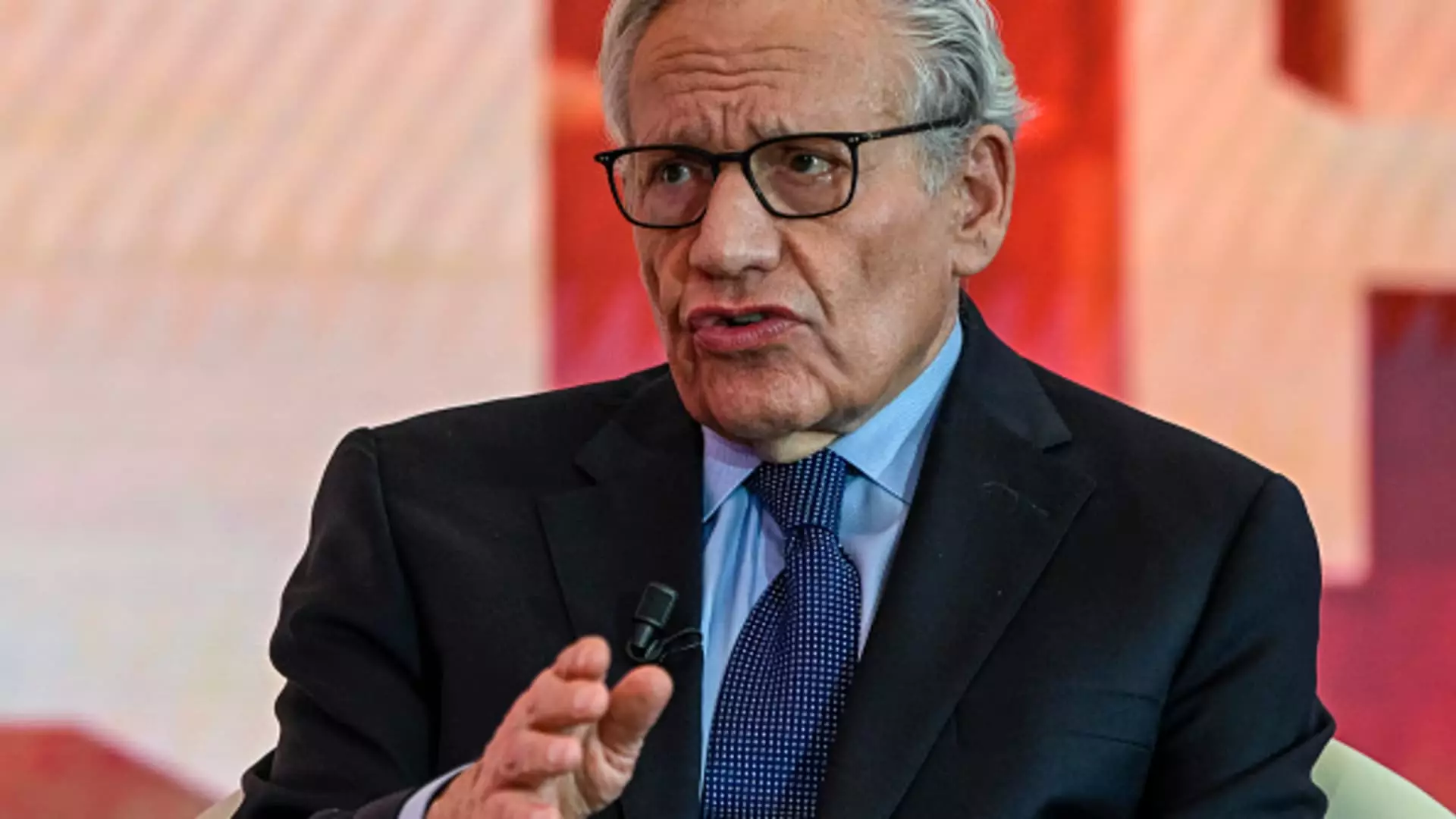In a remarkable display of legal overreach masked as righteous indignation, Donald Trump’s attempt to silence Bob Woodward exposes a dangerous erosion of fundamental freedoms. The lawsuit, which sought nearly $50 million in damages, was more than a personal attack; it was an attack on the very principles of free speech and independent journalism. The dismissal of this case by U.S. District Judge Paul Gardephe not only affirms the importance of protecting journalistic integrity but also underscores the peril of wielding the legal system as a weapon to silence critical voices. Trump’s framing of the case as a wrongful infringement on his rights reveals a troubling tendency among some political figures to weaponize litigation to intimidate and suppress accountability—a tactic that threatens democratic discourse.
The Power of an Independent Press and Its Boundaries
Woodward’s long-standing reputation as a cornerstone of investigative journalism showcases the vital role of the press in holding power to account. His interviews with Trump, conducted over a series of months, formed the backbone of the bestselling “Rage” and the subsequent audiobook “The Trump Tapes.” It is crucial to recognize that these interviews—like all journalistic endeavors—are part of a broader societal function: informing the public and ensuring transparency. The court’s ruling rightly noted that Woodward was the primary author, with Trump merely serving as a subject of reporting. This clears the way for the press to continue performing its watchdog role without fear of unsubstantiated legal retribution. Attempts to equate interview transcripts with copyrighted works threaten to undermine the essential press freedoms that underpin Democratic societies.
Legal Overreach and the Threat to Democratic Values
Trump’s lawsuit, which claimed infringement of copyright and misappropriation, exemplifies how legal systems can be manipulated to serve political ends. The argument that a president’s interview responses are proprietary echoes a dangerous misconception—that elected officials and their statements can be privatized, giving rise to censorship under the guise of intellectual property rights. This misinterpretation not only distorts legal standards but also threatens the free flow of information vital for informed civic participation. The court’s ruling—highlighting that federal copyright law preempted Trump’s claims—sends a clear message: access to political speech and related materials remains protected from frivolous assertions of ownership.
The Consequences of Censorship in a Democratic Society
At its core, this legal saga reflects a broader concern: the steady encroachment on democratic norms through attempts to suppress journalism and transparency. When powerful figures can sue whistleblowers, reporters, or their publishers to silence inconvenient truths, the fabric of accountability begins to fray. The case also illuminates the importance of resilience within the legal framework—affirming that the judiciary must stand as a bulwark against authoritarian tendencies that threaten democratic freedoms. The refusal to be swayed by political pressure reinforces the crucial notion that justice should be rooted in law, not political influence or monetary intimidation.
The Broader Implications for Society and Democracy
While the case itself may have centered on a specific legal dispute, its repercussions extend far beyond. It highlights the necessity of safeguarding journalistic independence from attempts at censorship cloaked as legal rights. The dismissive stance taken by the court underscores the importance of resisting efforts to diminish the role of the press as a check on power. Citizens must remain vigilant against narratives that seek to Erase or diminish the role of truth in public discourse; otherwise, society risks sliding into a dystopia where unchecked authority can silence dissenting voices with impunity. With this ruling, the judiciary has reaffirmed a core principle: the importance of a free press as a pillar of democracy must be upheld, especially when it challenges the powerful.

Leave a Reply